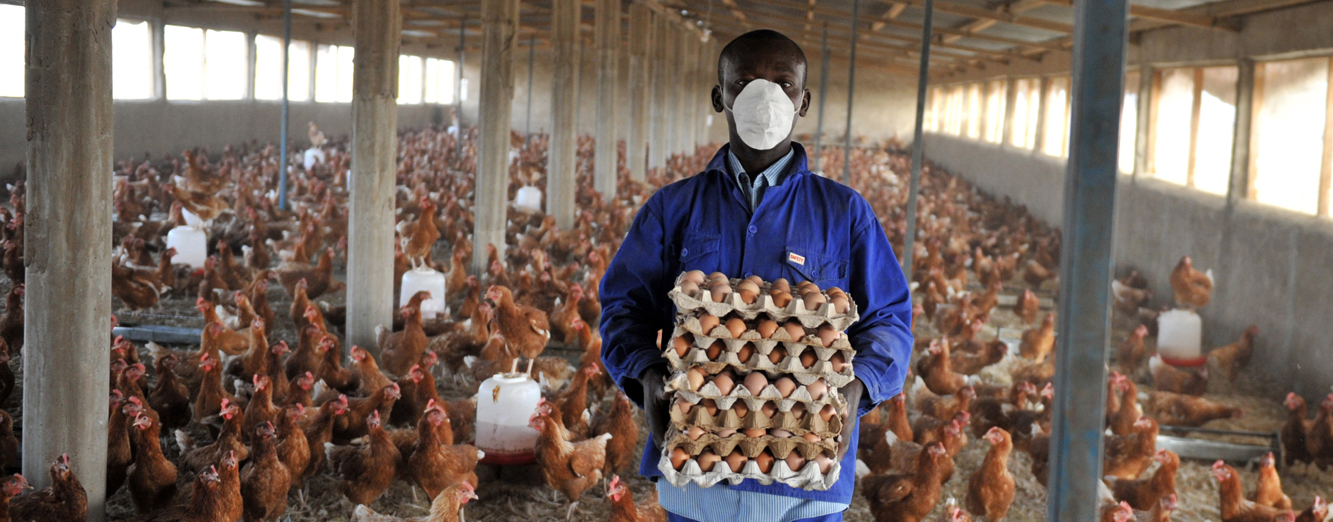
Project to strengthen the fight against pandemics in Chad
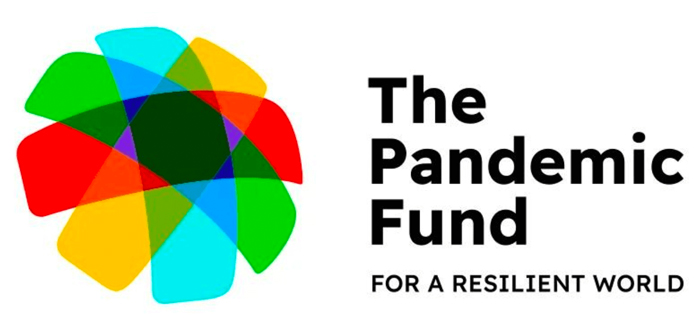
Chad faces multifaceted health challenges, exacerbated by its geographic vulnerabilities, limited resources, and a fragile healthcare infrastructure. This project aims to enhance the country’s capacity to prevent, detect, and respond to pandemics by focusing on strengthening surveillance systems, laboratory networks, and workforce skills through a One Health approach. By addressing these gaps, the initiative seeks to improve the nation’s overall health resilience while ensuring timely and effective responses to future health emergencies.
Implementation and key components
FAO, WHO, and UNICEF, as the Implementing Entities, will work closely with Chad’s Ministry of Public Health and Prevention and the Ministry of Livestock and Animal Production to ensure the successful implementation of the project.
Strengthening surveillance systems
The project will focus on developing an interoperable, real-time electronic reporting system integrating data from human, animal, and environmental health sectors. It will address gaps in indicator-based and event-based surveillance, improve reporting at the district level, and expand community-based surveillance networks. Efforts will include training for healthcare workers and implementing standard operating procedures for early warning and response.
Improving laboratory capacities
Laboratory systems will be upgraded to handle priority diseases, with enhanced capabilities for molecular diagnostics, antimicrobial resistance (AMR) surveillance, and genomic sequencing of pathogens. The project will establish a national sample transport system, promote adherence to international biosafety standards, and strengthen the quality management system in laboratories. Additional activities will focus on ensuring the availability of reagents and consumables for consistent operations.
Building workforce capacity
To address the shortage of skilled professionals, the project will provide targeted training for human, animal, and environmental health personnel, with a focus on rural and underserved areas. This includes capacity building in outbreak investigation, risk communication, and the coordination of multisectoral rapid response teams. A workforce registry will be developed to ensure long-term planning and sustainability.
Enhancing community engagement
The project will strengthen risk communication and community engagement (RCCE) strategies to improve public awareness and participation in health interventions. Community health workers will play a pivotal role in surveillance, outbreak reporting, and the dissemination of preventive health measures.
Expected outcomes
The project will establish an integrated and interoperable health surveillance system capable of early detection and timely response to public health threats. Laboratory capacities will be expanded to provide accurate and rapid diagnostics, while intersectoral collaboration under the One Health framework will enhance the country’s preparedness for zoonotic and other emerging diseases. By improving workforce capacity and engaging communities, the project aims to build resilience at all levels of the health system, contributing to improved health security. Ultimately, the project will lead to measurable improvements in Chad’s JEE and PVS scores, aligning with the Pandemic Fund Results Framework and the International Health Regulations (2005).
Implementing Entities
FAO, UNICEF, WHO
Priority areas
- Early warning and disease surveillance systems
- Laboratory systems
- Human resources/public health and community workforce capacity
Total budget
USD 24,518,526.78
Total co-financing
(in kind and cash)
USD 15,696,162.20
Total co-investment
(in kind and cash)
USD 14,536,050.90
Find out more
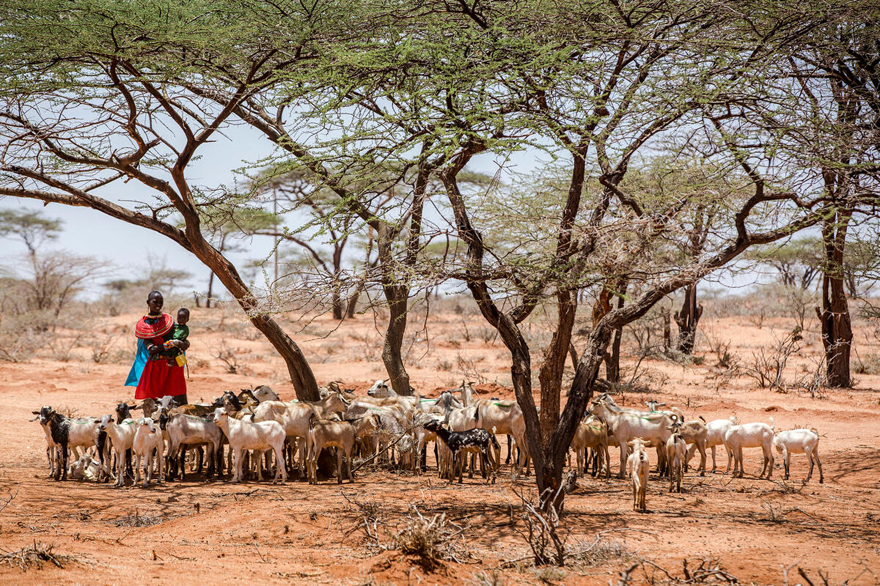
Projects
The Pandemic Fund
FAO is co-leading the implementation of 32 Pandemic Fund projects worth over USD 165 million aimed to boost local and global health security.
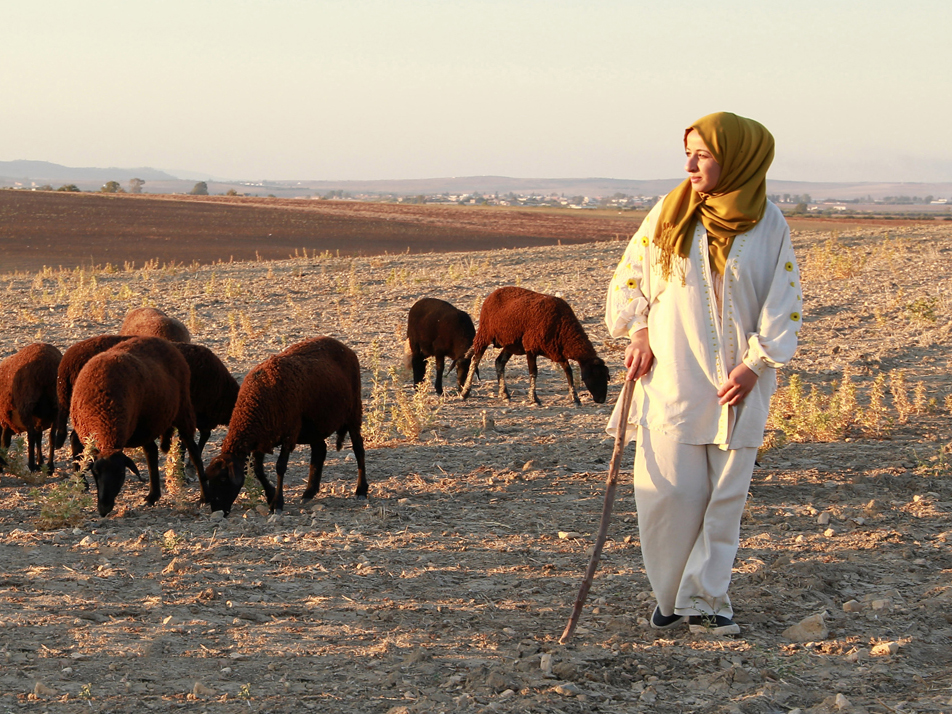
Highlights
Pandemic Fund’s third call for proposals
The Pandemic Fund has announced its third Call for Proposals, with an envelope of USD 500 million to enhance pandemic preparedness and response with a focus in low- and middle-income countries.
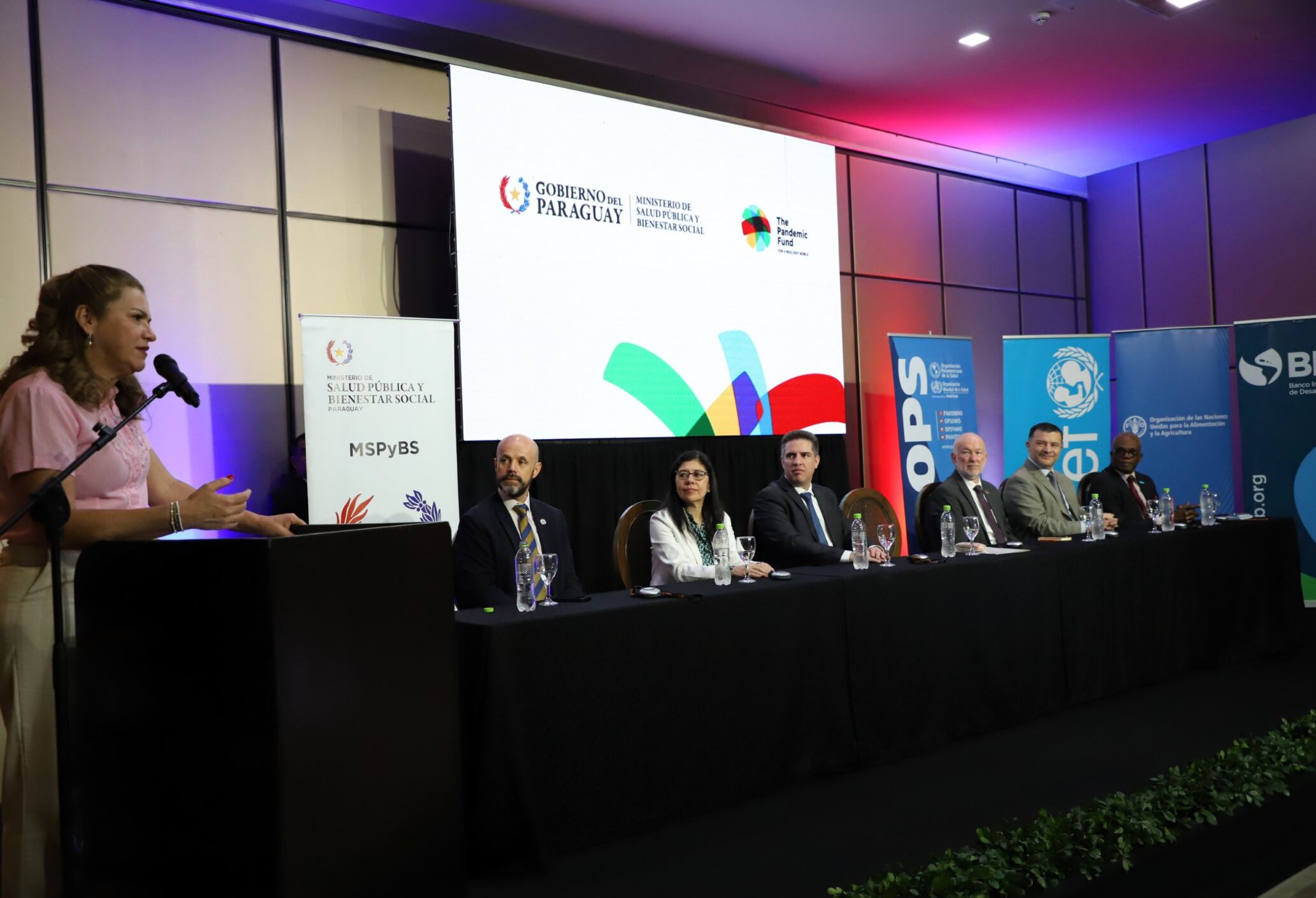
Highlights
Global fight against pandemics gains momentum as projects launch with FAO support
The first of Pandemic Fund projects launched at national level, including Ethiopia, Paraguay, Central Asia countries, and Yemen.
